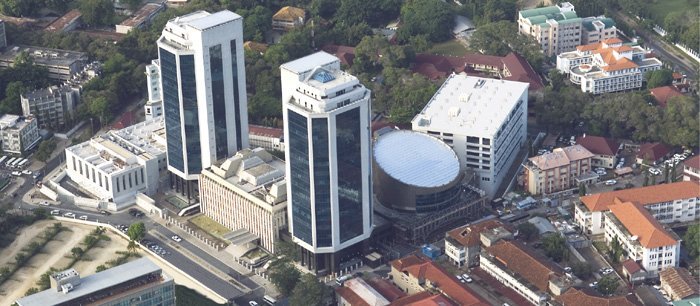The Bank of Tanzania (BoT) is setting new regulations for diverse microfinance service providers identified in the Microfinance Act 2018, aimed at mitigating risk while promoting swift, sustainable growth.
This includes licensing regulation, said Mr Victor Tarimo, Manager of Microfinance Institutions Supervision at BoT said.
“New regulations instil measures to ensure the protection of clients and the stability of institutions.
It includes how to properly document a loan, classify a portfolio, and provision against loan losses.
The regulations also cover MFI establishment, operations, regulation, and supervision,” he said recently in Dar es Salaam, further pointing that the move will help resolve the challenges facing the microfinance industry.
The new regulations also merit attention in the wake of the difficulties the Tanzanian microcredit industry experienced just a few years ago in terms of fraud cases.
In this regard, the Central Bank will also limit the size of loans, put a ceiling on the total amount of debt that individual households can take on, impose a minimum loan term, and implement other measures to protect borrowers.
According to Mr. Tarimo, the new regulations will apply to non-banking financial institutions that provide banking services without meeting legal requirements that qualify them as a bank functioning as MFIs.
Mr. Tarimo explained that Savings and Credit Cooperative Societies (SACCOS) would not
Therefore, he called all persons who are engaged in microfinance business to make sure they obtain a formal license from the central bank and observe other requirements of the regulations, once they are issued and published in the Government’s Gazette.
Microfinance institutions in the country are also required to submit their information to the BoT by end of January 2019, as they are relevant.
Such information includes a certificate of incorporation, business license issued by Business Registration and Licensing Agency of Association (BRELA), place of business and contract details like physical location (Street, District, and Region), telephone contact and email address.
Other details include list of owners, Board of Directors, CEO and their respective citizenship, all types of microfinance service products offered, statement whether the business is audited annually or not, description of accounting system and information and communication technology in use, and the financial statements such as total assets, total liabilities and owners’ equity.
Section 12 of the Finance Act 2018, mandates the Central Bank to license, regulate and supervise microfinance business in Tanzania Mainland.
MFIs have interest rates in credits from 3 to 20 percent which is equivalent to between 36 and 240 percent annually due to lack of transparency of conditions in loans contracts.
BoT official pointed out that since the country moves on, they want to enhance financial inclusion. So, it is a critical role the microfinance institutions play.
The important thing is to focus and look ahead, what we can do to sanitize that sector, and the Central Bank is already undertaking a lot of initiatives to deal with that, he added.
Some MFIs have actually never been licensed by the Central Bank, granting that some who have been licensed have had serious challenges and BoT is beginning to deal with those.
However, Mr. Tarimo challenged players in the industry that Tanzania cannot achieve financial inclusion if cases of abusive lending and loan collection are prevalent in the country.
Tanzania financial sector exists out of around 100 microfinance institutions, 41 commercial banks, three development banks, six community banks, two microfinance banks, seven mobile network operators (MNOs) and approximately 6,000 SACCOs and VICOBA groups.

















Comments